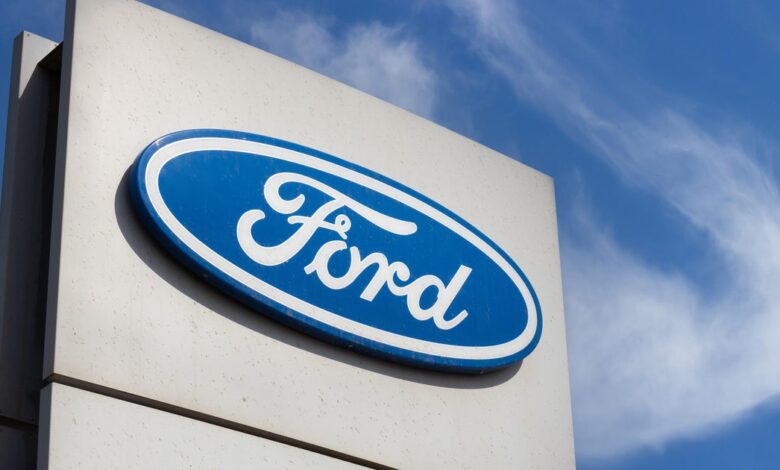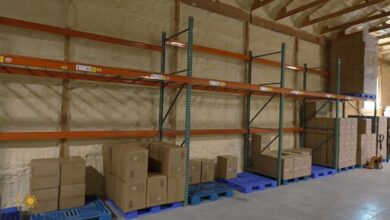Ford hiking prices on 3 vehicle models as auto industry tariffs hit home

Ford Motor announced on Wednesday that it will be increasing prices on three models produced in Mexico due to higher U.S. tariffs on imported vehicles. The affected models include the Maverick, Bronco Sport, and Mach-E, with price hikes of up to $2,000 per model. These adjustments will only apply to vehicles built after May 2, with the new pricing expected to take effect when they arrive at dealership lots in late June. It’s important to note that cars already shipped and currently on dealer lots will not be subject to these price increases.
In a statement to CBS News, Ford cited “our usual mid-year pricing actions combined with tariffs we are facing” as the reasons behind the price adjustments. The Trump administration imposed a 25% tariff on vehicles assembled abroad in March, leading to increased costs for automakers like Ford. Despite shouldering some of the tariff-related costs, Ford has decided to pass on a portion of the burden to customers through these price hikes.
The impact of tariffs on Ford’s earnings is significant, with the company expecting a $1.5 billion hit to its operating profit this year. As a result, Ford has withdrawn its full-year financial guidance due to the uncertainty created by the administration’s trade policies. According to Anderson Economic Group (AEG), higher U.S. tariffs on foreign-made vehicles could result in price increases ranging from $2,000 to $12,000 depending on the model.
For instance, Ford’s Mach-E, an electric version of the Mustang produced in Mexico, faces tariffs of over $12,000. In contrast, the Explorer SUV manufactured in Illinois is subject to levies of approximately $2,400. These price adjustments reflect the challenges that automakers are facing in navigating the complex landscape of international trade policies.
Overall, the impact of tariffs on the automotive industry is undeniable, with Ford and other manufacturers grappling with increased costs and economic uncertainty. As the trade landscape continues to evolve, it remains to be seen how companies like Ford will adapt to these challenges and continue to provide quality vehicles to consumers.





